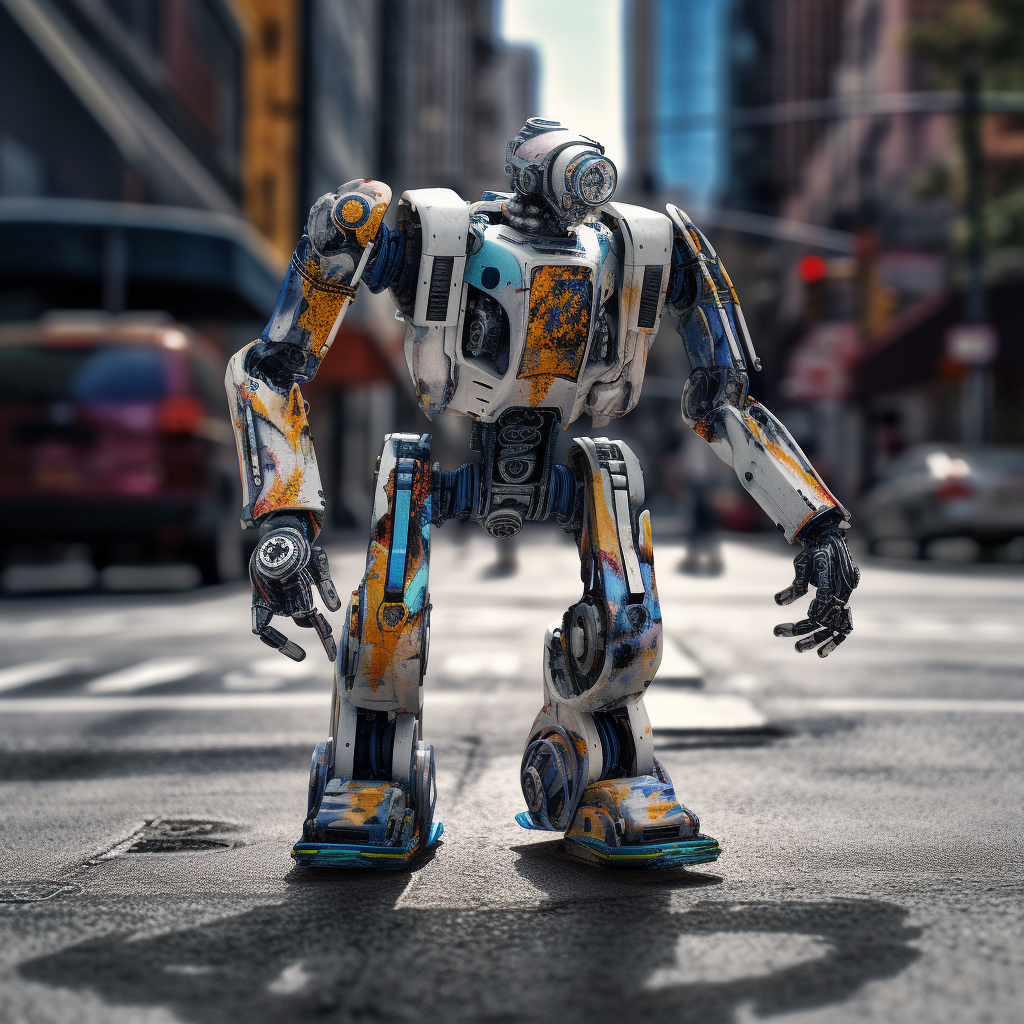April 19, 2024
Atlas Reimagined – Boston Dynamics’ Revolutionary Leap in Robotics Innovation
Book a Demo
Boston Dynamics has been a leading innovator in the robotics industry, pushing the boundaries of what is possible with their ground-breaking creations. One of their most advanced robots is Atlas, a robot capable of performing complex movements such as standing from a prone position and rotating its head and torso by 180 degrees.
The latest iteration of this remarkable robot is electric and features fluid movement, similar to commercial humanoid robots. This new Atlas also boasts a mechanical skeleton design that sets it apart from its predecessors. The new Atlas has a softer, more cartoonish aesthetic compared to its forerunner, demonstrating Boston Dynamics’ commitment to evolving their designs to meet diverse needs.
The advancements made in Atlas’s design are not just aesthetic. The team at Boston Dynamics is also working on improving the robot’s ability to perform complex tasks like turning on a dime and lifting heavy objects. The goal is to enhance Atlas’s productivity potential, making it an invaluable tool for various industries.
However, the introduction of the new electric Atlas also marks the retirement of the hydraulic Atlas robot. This transition symbolizes Boston Dynamics’ shift towards creating robots designed for real-world applications. The electric Atlas is expected to possess enhanced strength and a broader range of motion than previous models, with new gripper variations being explored to meet diverse manipulation needs.
Hyundai, a major investor in Boston Dynamics, is set to serve as a testing environment for the next generation of Atlas. The automotive giant aims to use Atlas to enhance its automotive manufacturing capabilities. The robot will undergo pilot testing at Hyundai facilities next year, marking a significant step in the robot’s development.
Boston Dynamics has not just made advancements in hardware, but also in software. The company has incorporated artificial intelligence and machine learning tools into their robots, demonstrating their commitment to staying at the forefront of technological innovation. They have also launched the Orbit™ software, a platform for managing robot fleets, site maps, and digital transformation data.
In conclusion, Boston Dynamics continues to lead the way in robotic innovation with Atlas. As the robot moves into pilot testing next year, we can expect to see even further advancements in its design and capabilities. With the integration of AI and machine learning tools, as well as the development of new software for managing robot operations, the future of robotics looks promising indeed.
Connect with our expert to explore the capabilities of our latest addition, AI4Mind Chatbot. It’s transforming the social media landscape, creating fresh possibilities for businesses to engage in real-time, meaningful conversations with their audience.



